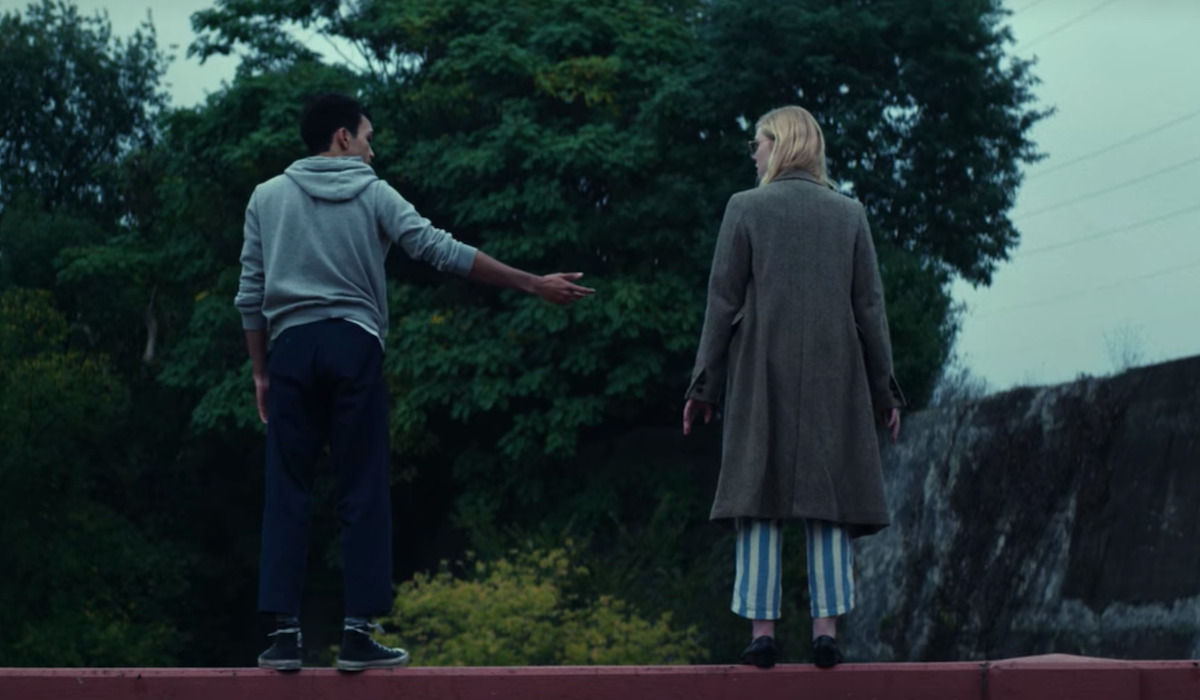All the Bright Places Is About Helping Others Without Losing Yourself
Based on the 2015 novel by Jennifer Niven, All the Bright Places was recently released as a new Netflix film and is inspired by a devastating event in the author's own life.
The story follows the lives of Violet Markey (Elle Fanning) and Theodore Finch (Justice Smith), as they navigate through the physical and emotional pain of their lives. After a chance meeting at a bridge - (a bell tower in the book), a joyous and sad story of love and healing pursues.
Following the criticism of controversial series 13 Reasons Why, All the Bright Places manages to touch softly on mental health, without turning it into a heavy and emotionally-exhausting storyline. Right from the get go, we are aware of Violet's suicidal thoughts and depression following the death of her sister, and as the story unfolds, we also learn of Finch's own demons. In the novel, Finch struggles with bipolar disorder, although this isn't explored within the film - the interpretation in the movie is that Finch is suffering from an undiagnosed mental illness following the trauma and abuse he endured at the hands of his Father. Although the viewer is aware of these subjects, the story very much focuses on the journey of healing and the support that an individual can offer another.
The film is full of touching messages that we are not alone, and that there is always brightness to be found in the dark times, no matter how small. Theo and Violet's growing friendship and romance presented as a metaphor for Violet falling back in love with life again. However, although the film focuses on finding the joy in small moments, it still very much focuses on mental health. Towards the end, we see Theo struggling with his own demons after trying so hard to support and help Violet with hers. Although the film seemingly encourages an individual to look out for their peers and to aid them when needed, it very much illuminates the message that you should focus on yourself as well as being aware of other's situations.
It becomes clear that Theo was so focused on helping Violet get better that he lost track of himself, which concludes his story under devastating circumstances. It was heartbreaking to see Violet regain her spark but for Theo to lose his.
A film about mental health has never made me cry as much as this one. It's so real and so relatable and it helped that the film dealt with mental illness in a tender and realistic way - it wasn't heavily touched upon, yet you knew it was there and it remained an important theme of the movie - a theme that was very much represented in a human and truthful way. However, the story didn't wallow on the darkness, it focused on the journey of healing, with the important message of aiding others without losing yourself.
The film - which ended with a dedication to all those suffering from a mental health illness and those devastated by suicide, was a gentle reminder that although life appears dark and empty, there is always a small pinprick of brightness shining through, reminding us that we have a thousand capacities within us.





Comments
Post a Comment